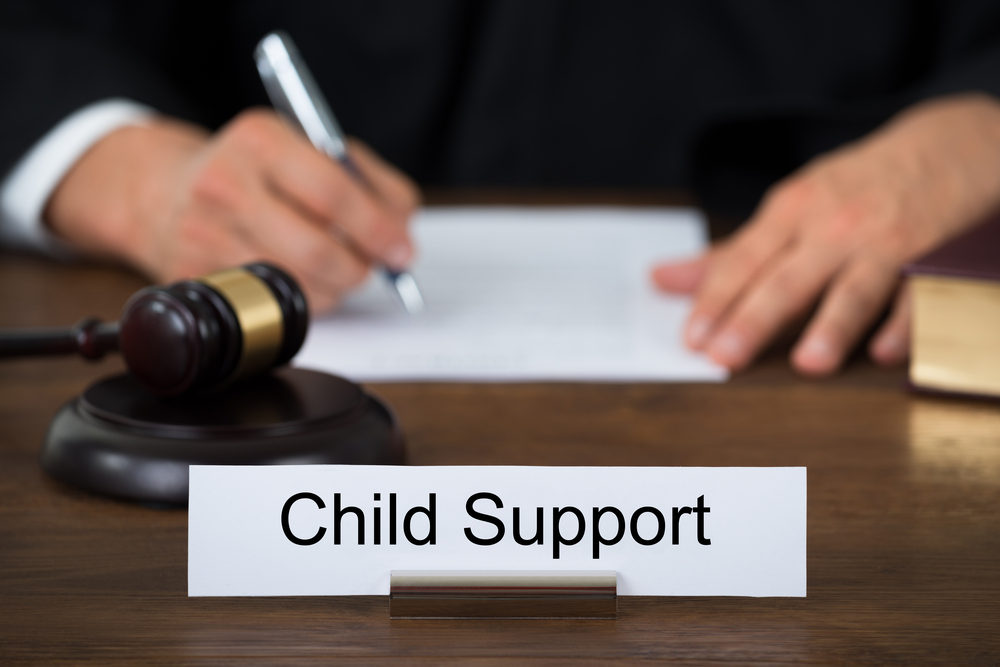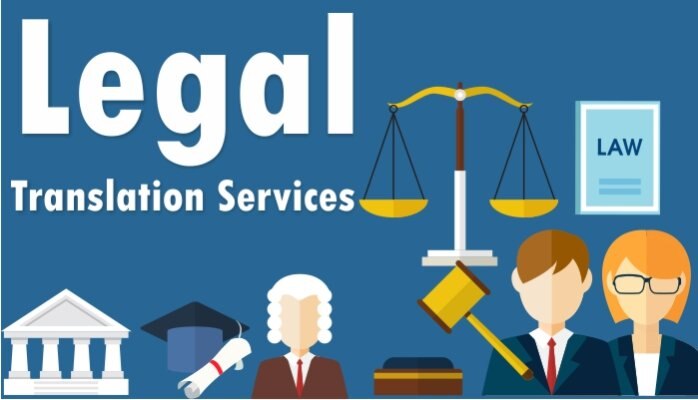Many parents are familiar with the broad concept of child support. However, several myths and misconceptions surrounding this topic, making it difficult to understand the real details. If you make or receive child support payments, you should know the facts to understand your obligations better. Here are six common child support myths and the truths behind them.
Child Support Payment Ends When the Child Turns 18
While this statement may be true in some cases, it doesn’t apply to all scenarios. In Pennsylvania, child support payments end when the child turns 18 or graduates high school, whichever comes first.
However, adult children who can’t support themselves due to disability or illness will continue to receive child support. Also, depending on the family’s circumstances, child support may continue until a child graduates college.
A Parent Can Stop Paying Child Support if They Don’t Get to See the Child

This misconception has led many parents to have issues with the court. The truth is that all parents must support their children, whether or not they get to see them. The reason is that child support, and child custody/visitation are different issues.
These orders are legally binding, and going against them can make a judge hold you in contempt of court. Likewise, one parent can’t prevent the other from seeing the child if they don’t pay child support.
Child Support is no Longer Applicable if a Parent Loses Their Job
Parents can’t avoid their responsibilities, whether they lose their job or their earnings are reduced. If the court discovers that you intentionally quit your job or earned less to reduce your obligation, they can impute you with income.
A judge will consider your age, employment history, education, skills, and available employment opportunities to determine your actual income level. Whether or not you’re earning that amount, your support calculation will be from this income. However, if you genuinely lose your job, child support lawyers Norristown PA, can advise you on what to do.
The Parent Receiving Child Support Can’t Benefit From the Payment
Child support payments cover for the child’s food, clothing, shelter, and other necessities. But it isn’t easy to separate the child’s expenses from other household expenses. For instance, the child’s shelter expenses aren’t different from the home’s rent payment. Therefore the court won’t scrutinize how parents spend the money, neither are parents obliged to report their expenses.
Child Support Orders are Fixed and Final
On the contrary, a child support order is subject to modification. Depending on the circumstances, you can request a review and adjustment of your current payment. For instance, children’s needs change as they grow older.
Therefore, a court can review and increase or decrease your obligation based on the child’s needs. If you need to modify your child support order, discuss with child support lawyers in Norristown, PA.

Neither Parent Pays Child Support if they Have Joint Custody
In most joint custody situations, one parent still pays child support. According to the state’s child support guidelines, child support payments depend on both parents’ income and the child’s needs. If there’s a large gap in their income, their support commitment will also differ significantly.
Therefore, the parent with the highest obligation will pay the difference to the other parent. For instance, if a dad’s support obligation is $500, and a mum is $300, the dad will pay $200 to the mum. This decision ensures that the child’s needs are met equally in both households.
Conclusion
If you’re going through a family case in court, you should understand your obligations towards your child. One of the best child support lawyers in Norristown PA, is available to answer your questions.







